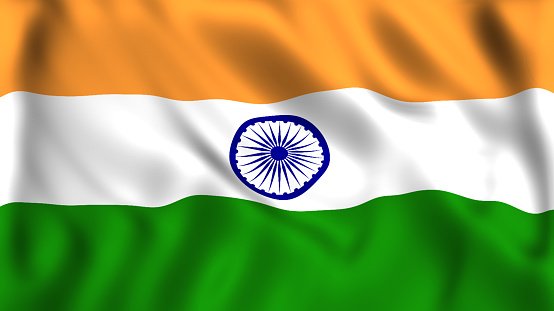
India
India, the country that occupies most of South Asia. Its capital is New Delhi, built in the 20th century just south of the historic center of Old Delhi to serve as the administrative center of India. Its government is a constitutional republic representing a very diverse population comprising thousands of ethnic groups and perhaps hundreds of languages. With about one-sixth of the world's total population, India is the second most populous country after China.
Archaeological evidence suggests that a highly urbanized culture - the Indus Civilization - dominated the northwestern part of the subcontinent from about 2600 to 2000 BC. From this period, India functioned as a de facto autonomous political and cultural arena, which gave rise to a special tradition associated mainly with Hinduism, which has its roots mainly in Indian culture. Indus intelligence. Other religions, notably Buddhism and Jainism, originated in India - although their presence there is now rather small - and over the centuries the people of the subcontinent have developed a rich intellectual life in fields such as mathematics, astronomy, architecture, literature, music and Fine Arts.
Throughout its history, India has been constantly disturbed by incursions beyond its northern mountain wall. The advent of Islam, brought from the northwest by Arabs, Turks, Persians and other raiders, was particularly important in the early 8th century AD. In the end, some of these raiders stayed; By the 13th century, much of the subcontinent was under Muslim rule, and the number of Muslims was steadily increasing. It was only after the arrival of the Portuguese navigator Vasco da Gama in 1498 and the subsequent establishment of European maritime supremacy in the region that India came under great external influence to the region. by sea, a process that led to the decline of the ruling Muslim elite. and absorb. of the subcontinent in the British Empire.









